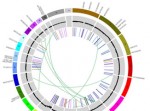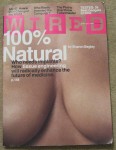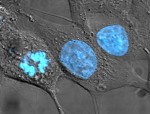Today the NY Times printed the third part of Amy Harmon’s excellent feature on the ups and downs and promise of some clinical trials for cancer. The focus is on a new drug, PLX4032, some people with melanoma who chose to try this experimental agent, and the oncologists who prescribed it to them.
What I like about this story is that, besides offering some insight on the drug itself, it balances the patients’ and doctors’ perspectives; it explains why some people might elect to take a new medication in an early-stage clinical trial and why some physicians push for these protocols because they think it’s best for their patients.
And it provides a window into the world of academic medicine, where doctors’ collaborate among themselves and sometimes with corporations.
Here’s some of what I learned:
Posted in cancer treatment, clinical trials, Communication, Medical News, Oncology (cancer), ScienceTagged cancer medicine, clinical trials, communicating in medicine, decisions, health, medical news, melanoma, Oncology (cancer), patient-doctor relationship, PLX4032






